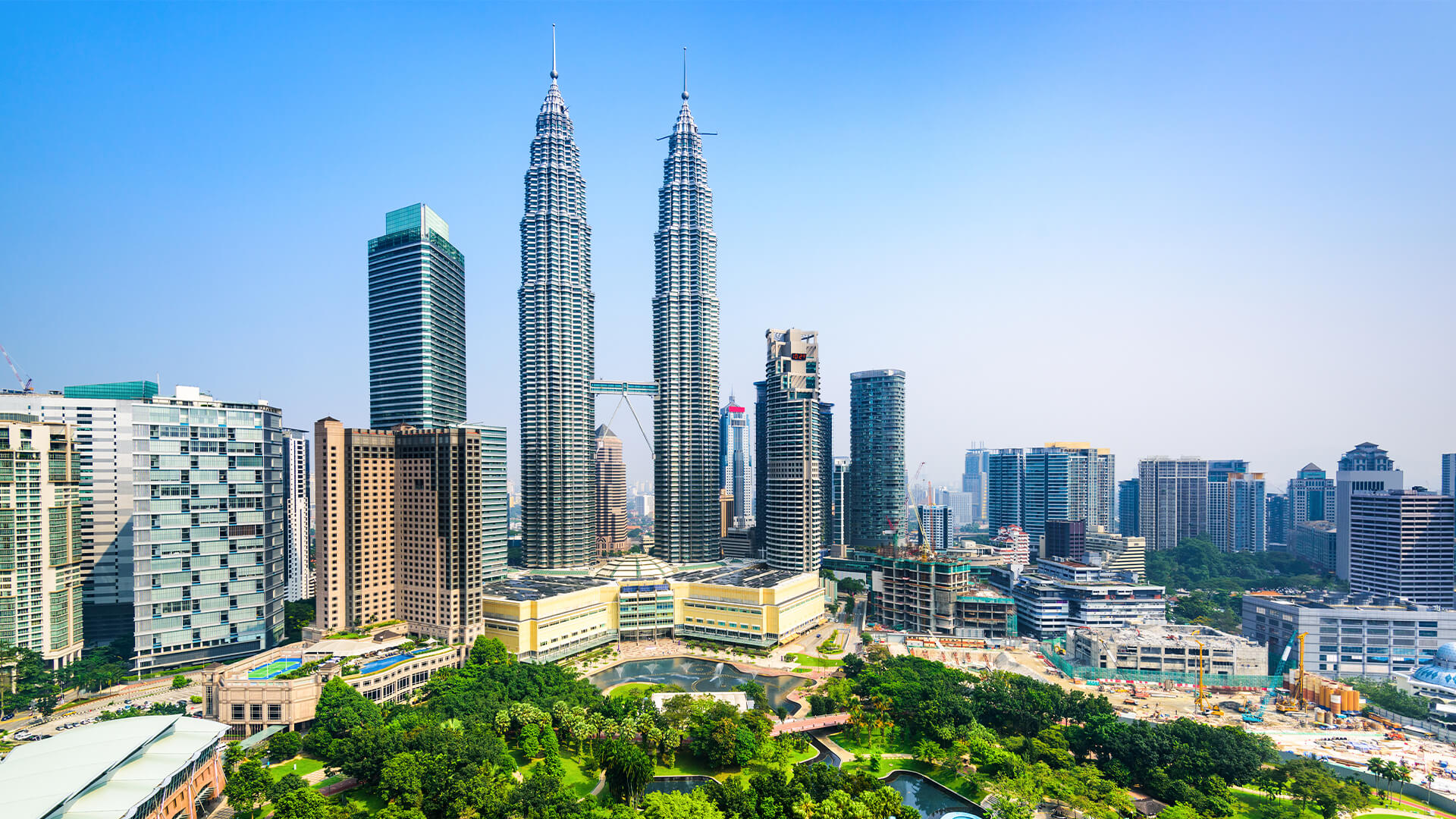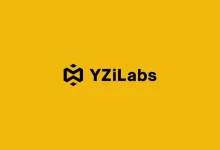Malaysia to Allow Crypto Exchanges to Independently List Tokens from 2026


Malaysia is preparing for a significant overhaul of its digital-asset regulatory framework, with the Securities Commission (SC) proposing reforms that would allow licensed crypto platforms to approve token listings independently beginning in 2026. This marks a major shift from the current system, under which every new token must receive explicit approval from the SC before it can be listed on a recognised platform. The new approach is designed to modernise Malaysia’s digital asset market, expand investor access and offer platforms more operational flexibility, while retaining strict oversight and disclosure obligations.
The SC’s proposal, published under Public Consultation Paper No. 3/2025, outlines a liberalised listing framework that would move decision-making power from regulators to platforms. Under this model, platforms registered as Recognised Market Operators would take on the responsibility of evaluating whether a token meets the necessary criteria for listing. In platform for this authority, platforms would adhere to enhanced governance, security and transparency requirements to ensure investor protection remains a priority.
Liberalised listing framework and enhanced standards
Under the revised framework, platforms would no longer be required to wait for SC concurrence on each individual token. Instead, they must establish a robust due-diligence process to assess token suitability. This includes evaluating trading history on compliant foreign platforms, verifying protocol-level security audits, ensuring compliance with anti-money laundering standards and reviewing technological risk factors. By shifting these responsibilities to platforms, Malaysia aims to reduce listing timelines and increase the diversity of digital assets available to local investors.
The SC intends for this shift to stimulate the growth of Malaysia’s digital-asset ecosystem. Currently, only a limited number of approved tokens are available across regulated platforms, and the approval process can take months. Allowing platforms to make independent listing decisions could accelerate market development, provided platforms maintain strong internal controls, transparent listing methodologies and clear delisting procedures.
Implications for platforms, issuers and investors
For platforms, the proposed changes present both new opportunities and heightened responsibilities. While they would gain the ability to respond more rapidly to market demand, they would also carry full accountability for listing decisions, ongoing monitoring and risk disclosure. platforms will likely need to strengthen their listing committees, improve documentation standards and adopt more stringent risk-management frameworks to meet regulatory expectations.
Token issuers stand to benefit from a more streamlined path to market. Instead of navigating direct approval processes with the SC for each listing, issuers would work with platforms that apply standardised listing criteria. This could attract more regional projects to Malaysian platforms, fostering innovation and expanding the range of assets available to local investors.
For investors, the liberalised framework offers broader choice and quicker access to new tokens, all within a regulated environment. However, with platforms assuming greater responsibility, investors will depend more heavily on each platform’s internal due-diligence practices. As such, the success of the new regime will hinge on platforms’ ability to balance commercial incentives with robust risk controls.
If implemented from 2026, Malaysia’s new listing regime could position the country as a more dynamic yet prudently supervised digital-asset hub in Southeast Asia. The extent of its success will depend on the strength of enforcement, the quality of platform-level due diligence and the continued alignment of market practices with global regulatory standards.







